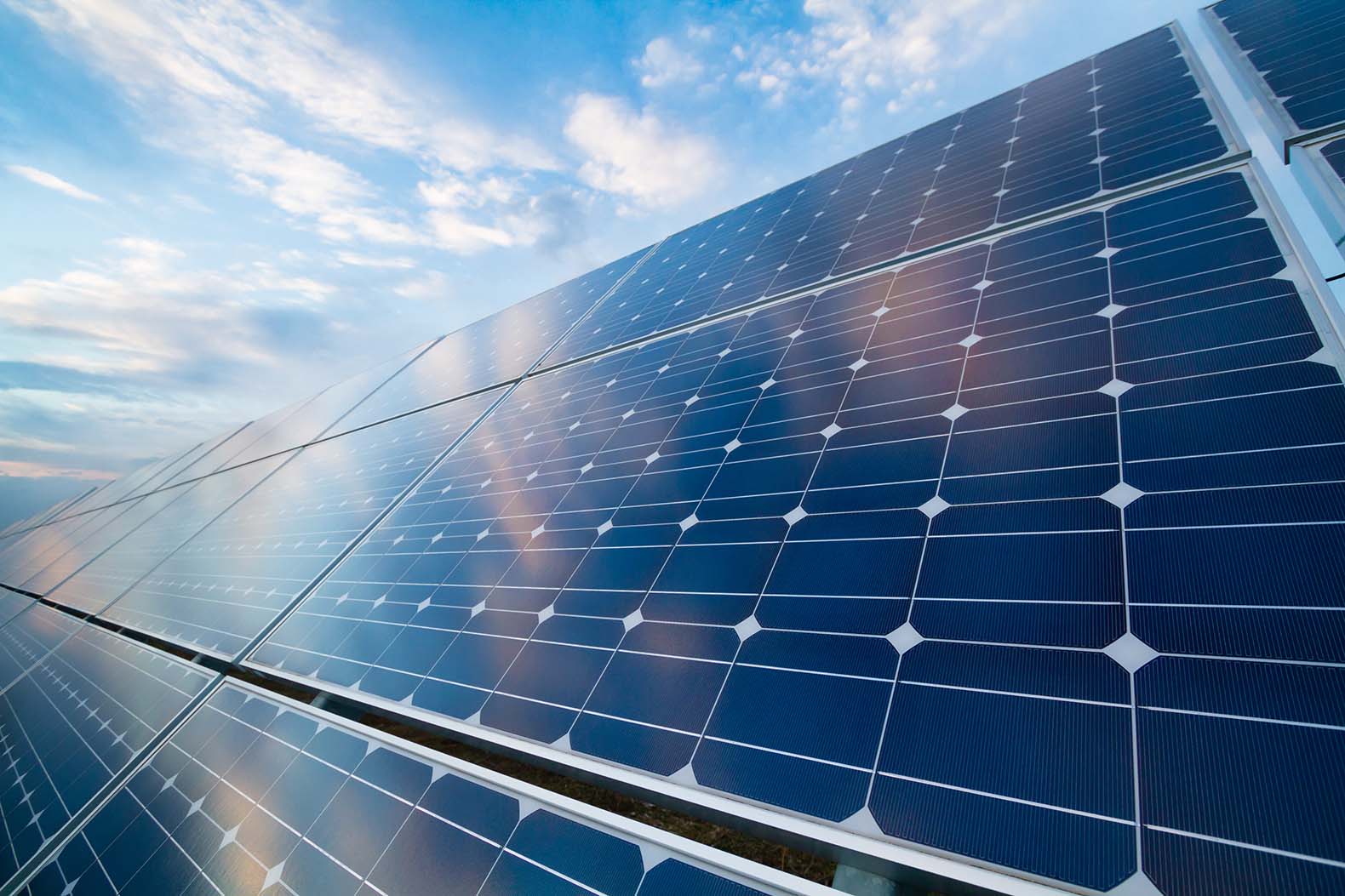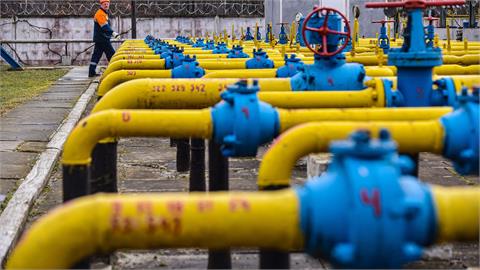by Ryan Kennedy* A five-year Sandia Labs study of new solar module degradation found that 13 of 23 tested module types would have effective lifetimes exceeding 30 years.
Sandia National Laboratories concluded a five-year early-life solar module degradation study that examined 834 fielded PV modules, representing 13 types from seven manufacturers in three climates.
The report, published in Progress in Photovoltaics, studied 23 systems in total. Six of the studied were determined to have degradation rates that will exceed panel warranty limits in the future, while 13 systems demonstrated the ability to extend their lifetime beyond 30 years. “Lifetime” in this study is defined as the amount of time a panel produces electricity above 80% of its beginning-of-life rate.
The report said that module costs have fallen 85% since 2010 due to economies of scale, higher efficiencies in cell designs, production line automation, larger modules, and changes to bill of materials components like backsheets. It cautioned that while decreased costs have led to solar becoming a central part of energy infrastructure buildout today, cost-cutting design and materials changes could lead to a lowered degradation rate, which in-turn could cancel out many of the positive results of lower module costs.
The degradation study found that degradation is highly nonlinear over time and seasonal variations are present in some module types. Mean and median degradation rate values of −0.62%/year and −0.58%/year, respectively, are consistent with rates measured for older modules.
* Ryan joined pv magazine in 2021, bringing experience from a top residential solar installer, and a U.S.-based inverter manufacturer. He holds a degree in Management with a certification in Sustainable Business Practices from the Isenberg School of Management at the University of Massachusetts, Amherst, and is currently pursuing a Master of Energy and Environmental Management degree at the University of Connecticut.
(pv-magazine.com, November 7, 2022 - read the whole article here)




